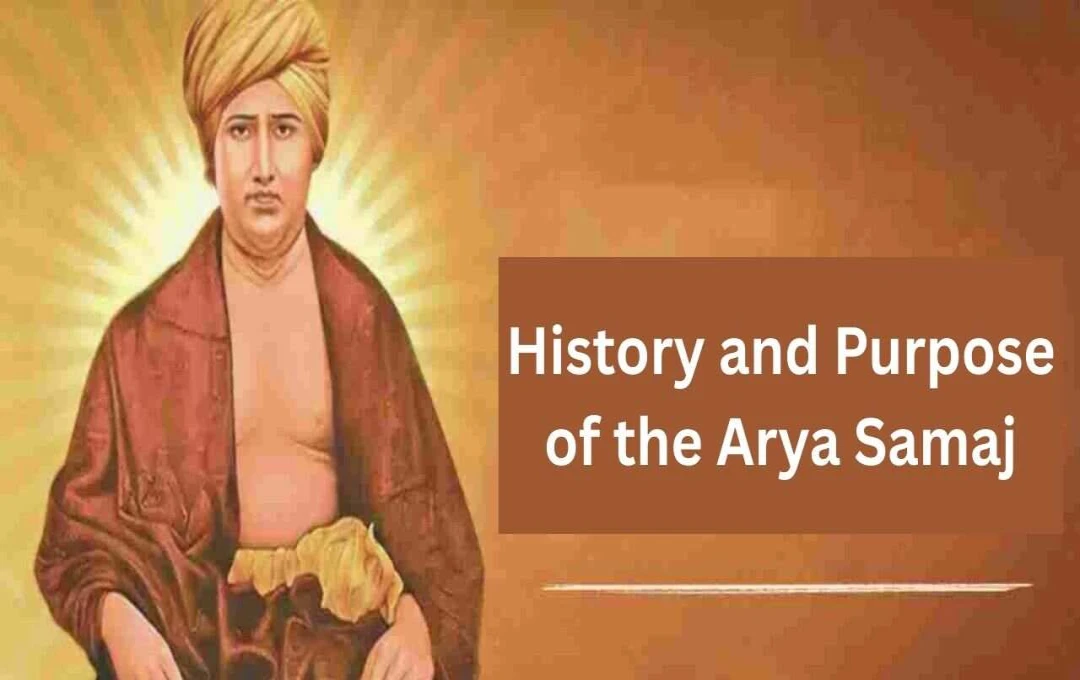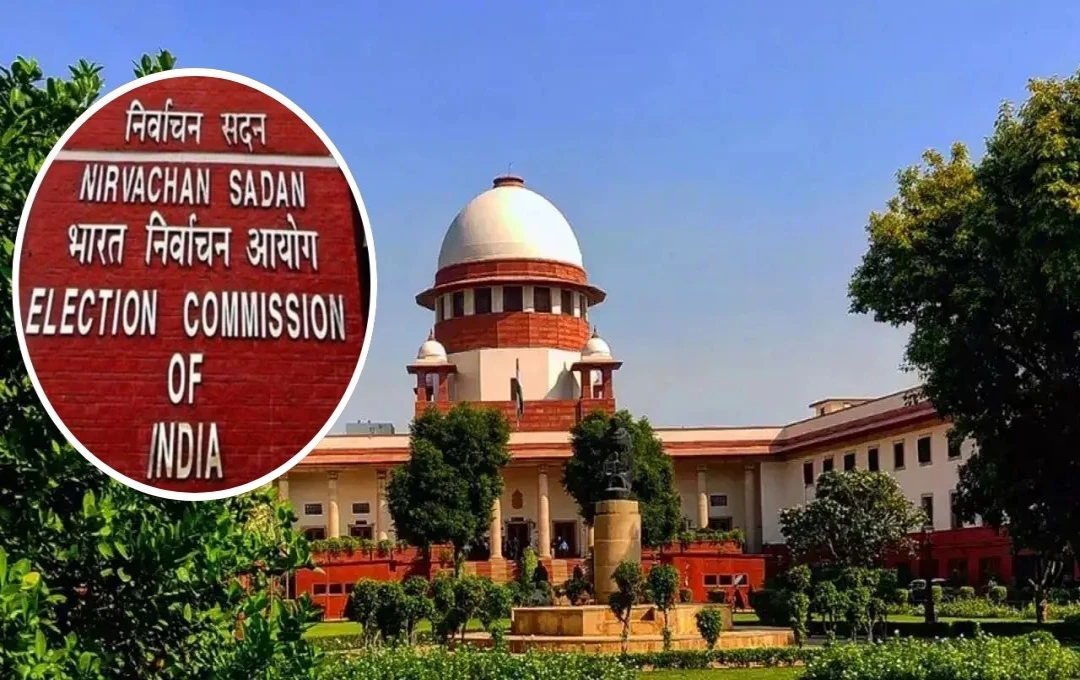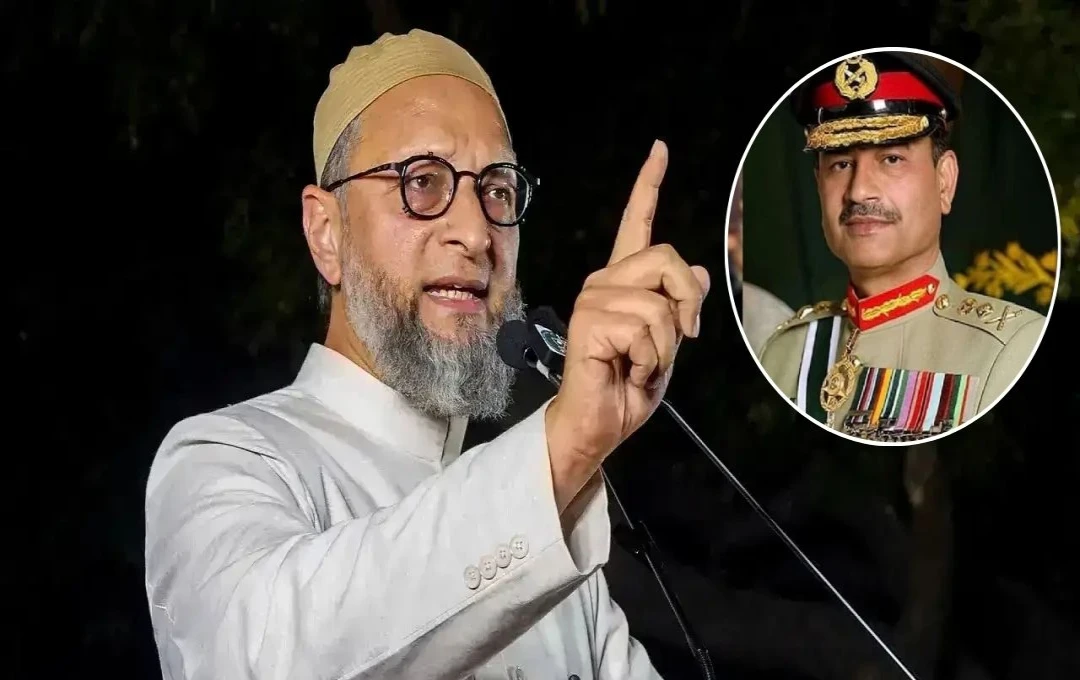April 10, 1875, marks the founding of the Arya Samaj by the revolutionary thinker Swami Dayanand Saraswati in Bombay (now Mumbai). Adopting the motto "Kṛṇvanto viśvamāryam" (Make the world Aryan), the Arya Samaj resolved to bring about transformative social change through Vedic principles. This year marks the 150th anniversary of its establishment.
Why was the Arya Samaj founded?
Swami Dayanand Saraswati established the Arya Samaj at a time when Indian society was plagued by casteism, superstition, and social discrimination. He used Vedic knowledge as a foundation for social reform, envisioning a new India based on truth, morality, and equality.
Key Ideological Principles of the Arya Samaj
- Principle of Equality and Humanity: Rejecting the birth-based caste system, the Arya Samaj operated on the principle of "mankind is one caste".
- Karma-Based Varna System: Accepting "karmaṇya varṇa vyavasthā" (varna system based on work), it granted everyone equal rights to education and advancement, particularly Dalits, women, and the underprivileged.
- Vedic Education and Language: Promoting the Vedas in Sanskrit and pure Hindi, it revived the Gurukul tradition.
The Arya Samaj's Role in the Indian Independence Movement

Works like 'Satyarth Prakash' were considered the Gita of revolutionaries. This text inspired thousands of freedom fighters. Historians suggest that 80% of India's revolutionaries were influenced by the Arya Samaj. Swami Dayanand Saraswati was the first to proclaim 'Swaraj' (self-rule). His Swadeshi principle formed the basis of Indian economic independence.
Social Reform and Impact
The Arya Samaj launched vigorous campaigns against the following evils:
1. Sati (widow immolation)
2. Child marriage
3. Dowry
4. Caste discrimination
5. Female illiteracy
The Sharda Act (Child Marriage Restraint Act) passed by the British government in 1929 was a result of the efforts of Arya Samaj leader Harvilas Sharda. Through the Shuddhi movement, those forcibly converted were brought back to their original faith, especially in the Mewat region.
Language, Culture, and Cow Protection
Swami Dayanand made the propagation of Sanskrit and Hindi his objective. In his book "Gau Karunanidhi," he described cow protection as the backbone of the Indian rural economy. By making Yajna and Yoga a lifestyle, a vision of a 'Healthy India' was presented.
A Global Message
The Arya Samaj's philosophy was not limited to India. Its teachings – a scientific approach, human equality, and commitment to truth – remain relevant globally today. The Arya Samaj's impact is evident in areas such as education, environment, human rights, and ethical living.
Key Facts (Quick Facts)

Establishment: April 10, 1875
Founder: Swami Dayanand Saraswati
Headquarters: Originally Mumbai, now globally expanded
Motto: Kṛṇvanto viśvamāryam
Key Text: Satyarth Prakash
Major Contributions: Indian Independence Movement, Women's Education, Dalit upliftment, Revival of Vedic Culture
A Living Legacy
The Arya Samaj remains active worldwide through schools, colleges, Gurukuls, and reform centers. Swami Dayanand Saraswati was not only a sage but also an architect of modern India. His life demonstrates how ancient Vedic knowledge can awaken a new consciousness in modern society.









